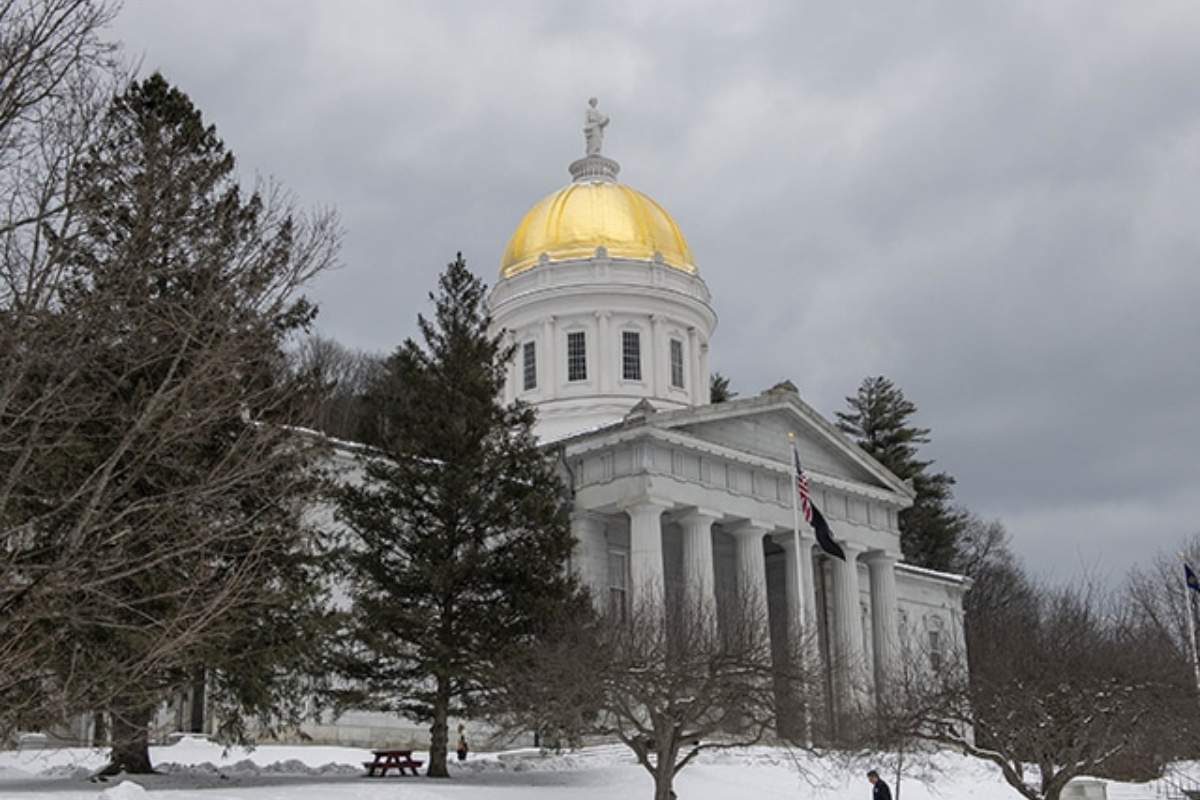Source-Tulsa World
At the recent Oklahoma Board of Education meeting, State Superintendent Ryan Walters announced a new directive that mandates the presence and use of the Bible in all public school classrooms nationwide. Walters stated, “We will be issuing a memo that every school district will adhere to, which is, that every teacher in every school in the state will have a Bible in the classroom and will be teaching from the Bible in the classroom.”
This announcement follows closely on the heels of a significant ruling by the Oklahoma Supreme Court, which declared the state must terminate its contract with St. Isidore Virtual Catholic School, citing its unconstitutionality. St. Isidore was poised to become the nation’s first religious charter school. Walters, expressing his dissatisfaction with the ruling, stated, “This would have been the most unique charter school in the country, so I want you to know, we will continue to fight back against this.”
Walters justified his Bible mandate by referencing state statutes. “Under Title 70 in multiple occasions, the Bible is a necessary historical document,” he remarked during the meeting. However, an examination of Title 70 reveals that the Bible is mentioned only four times in its 1,470 pages: three times under approved elective courses and once as valid proof of family record for a Greenwood scholarship. The enforcement of this mandate remains uncertain, as past controversial emergency rules proposed by Walters, including the requirement of the Ten Commandments in classrooms and enforced prayer, have not materialized.
Legal and Community Responses
The directive has already sparked preparations for legal challenges. Americans United, the organization responsible for the recent legal victory against St. Isidore Virtual Catholic School, criticized Walters’ directive, stating, “Walters is abusing the power of his public office to impose his religious beliefs. Americans United is ready to step in and protect all Oklahoma public school children… from Constitutional violations.” Local school districts, such as those in Tulsa, Jenks, Union, and Broken Arrow, responded by saying they would await further guidance on the implementation of this new directive.
Senator Carri Hicks voiced her concerns about Walters’ directive, emphasizing that it does not address the core issues facing the Oklahoma Board of Education system. She stated, “I, like most Oklahomans, want the best educational opportunities for my children. And yet, Oklahoma still cannot attract and keep enough qualified educators in our classrooms, and we continue to fall well below the regional average investment for public education. This new order does not provide solutions to the real problems facing our schools, and yet again, more taxpayer dollars that could have better supported our students and teachers will likely be diverted to address legal challenges.”
The Tulsa Jewish Community also expressed strong objections, emphasizing the importance of religious freedom and the separation of church and state. They stated, “While we hold the Hebrew Bible in high regard within Judaism, believing it contains fundamental moral teachings and Jewish history, we believe this directive undermines the core principles of religious freedom and the separation of church and state, which are essential to our democracy and the core principles upon which our nation was founded.”
Broader Implications and Criticism
The Oklahoma Supreme Court’s recent ruling against the use of state funds for religious charter schools underscores the contentious nature of Walters’ directive. Critics argue that enforcing the presence of the Christian Bible in public school classrooms violates the spirit of religious neutrality protected by the First Amendment of the U.S. Constitution. They caution that such mandates could alienate students of diverse faiths or those who adhere to no faith, thereby creating divisions rather than fostering an inclusive educational environment.
Senator Mary Boren added her voice to the criticism, noting procedural violations by the Oklahoma Board of Education. She claimed that she was denied access by the board, which she argued was a violation of the Open Meetings Act. Boren warned, “Failing to comply with the Open Meetings Act nullifies the actions of the Oklahoma Board of Education and invites judicial scrutiny.”
As Oklahoma grapples with significant educational challenges, ranking 49th nationally, many believe that directives such as Walters’ Bible mandate distract from addressing the state’s crucial educational needs. The ongoing debate highlights the tension between educational policy, religious freedom, and constitutional principles, with various stakeholders advocating for solutions that respect and accommodate the diverse religious and cultural backgrounds of all students.










